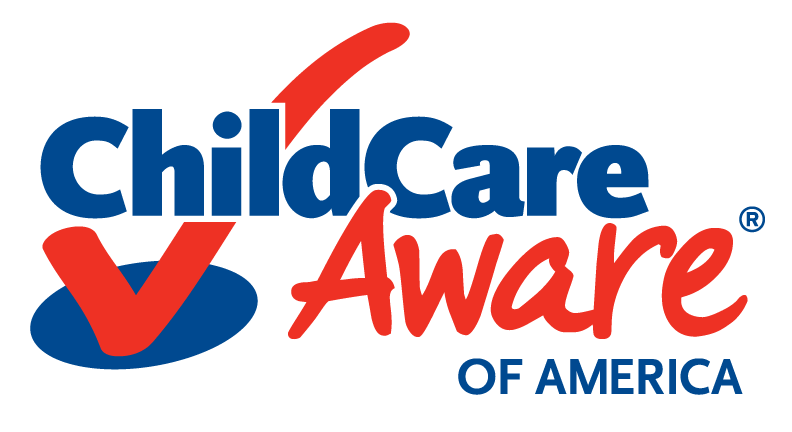
At Child Care Aware® of America (CCAoA), we have a vision for the future of child care: Every family in the United States has access to a high-quality, affordable child care system. Unfortunately, there are far too many families that do not have access to affordable and high-quality child care; in fact, CCAoA’s research found that the average price of center-based care exceeds the U.S. Department of Health and Human Services’ definition of affordable (7% of household income). The price of child care has forced families to make difficult decisions about investing in care or leaving the workforce.
The Child Care for Working Families Act
The Child Care for Working Families Act would help ensure access to high-quality, affordable child care for millions of families, and would greatly expand financial investment in child care at the federal level. The Act would do this by lowering costs for families, making care more affordable for those who are most vulnerable and ensuring that each family’s co-payment stays below 7 percent. In addition, the Act would invest in the supply of child care, ensuring that quality is improved, that care is available during nonstandard hours, and that more slots are available in high-quality preschool programs, for infants and toddlers, and in Head Start programs. Finally, the Act would support the early childhood education workforce by improving compensation for early childhood educators.
Resources
- Child Care for Working Families Act bill information (Senate and House)
- Letters and Comments from CCAoA and Partners
Tax Credits
Families bear the majority of the burden for child care costs. While some public funding is available for child care, the incomplete patchwork of support often does not provide enough assistance for families, particularly low-income families that lack access to high-quality licensed child care and may, therefore, place their child in an informal or unlicensed child care setting.
Parents and businesses can take advantage of federal tax credits for supporting child care, including the Earned Income Tax Credit, the Child Tax Credit, the Child and Dependent Care Tax Credit, Dependent Care Flexible Spending Account (FSA), and Dependent Care Assistance Programs. Unlike a deduction, credits don’t just lower the amount of taxable income; they actually lower the bottom line of tax liability. Many states also provide tax assistance through credits and deductions, with benefits varying depending on the state and the income of the family.
Tax credits are also available to help defray the tax burden for businesses that support child care either directly to their employees, by subsidizing the cost of child care for their employees, or by providing child care on-site as work support.
Child Care Aware® of America supports initiatives by lawmakers that will reform and enhance tax credit opportunities for families.
Family Flexibility
Improving the child care system means meeting families where they are. Whether a parent or guardian works unusual hours or is returning to school, the child care system must be prepared for schedules of all kinds. This, in turn, helps families become strong and sustainable as they work to advance their work opportunities.
There are roughly 31 million children who may need child care during nonstandard hours, yet just 34 percent of listed family child care, and 8 percent of center-based care, offer it. This results in millions of families being excluded from the child care system. For these reasons, Child Care Aware® of America advocates for policies that promote family flexibility, such as fair scheduling and increased funding for the Child Care Access Means Parents in School (CCAMPIS) program.
Resources
Become an Advocate
We would love to learn more about you so we can connect you to opportunities to advocate in the future.


